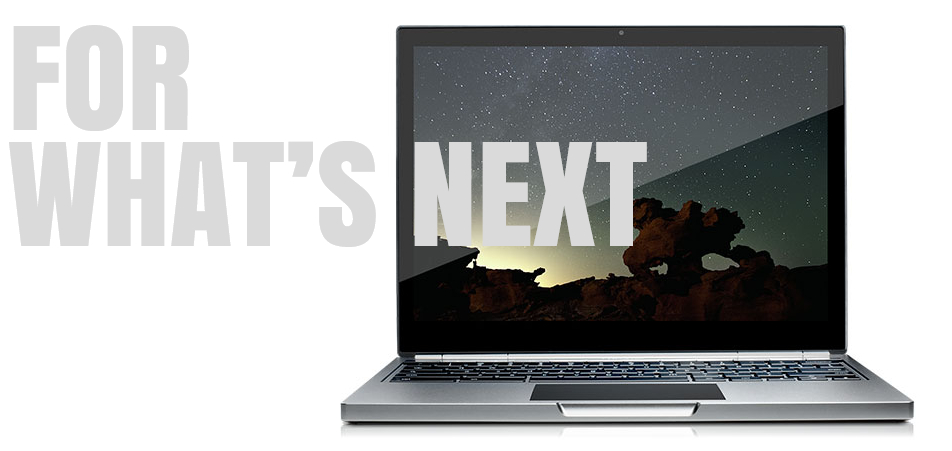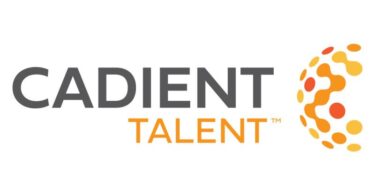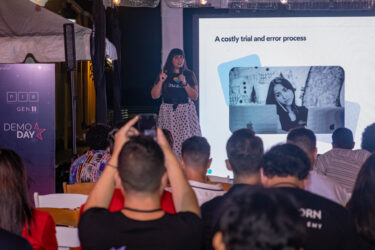When Steve Jobs launched the iPad in 2010 he described it as a different kind of device – neither a laptop nor a smartphone. This was a completely new species, and we were to use it differently and think about it differently.
After the launch MG Siegler wondered if the iPad filled a need that users had “Is it a must have?” he asked, “The quick and dirty answer is: for many people, right now, no.”
The same questions have been asked about Google’s Chromebook – the company’s laptop-meets-tablet hybrid. Is it a low-end laptop or an entry-level tablet?
Last week we made the prediction that 2013 will be the year that Chromebooks go mainstream. So, having gotten our hands on one of the first review copies in Ireland, do we stand by that prediction?
We do, but having used the devices for over a week we can see that many of the questions and criticisms that users have about the devices are still valid.
To review the Chromebook I’ve ignored the tech under the hood – I can’t say anything that hasn’t been said before. Instead, I want to address the questions and concerns users, including myself, have over the devices.
So, let’s start from the beginning.
A few weeks back I had the pleasure of setting up a Windows 8 laptop. This was a high-end i7 device with more RAM than the user could ever possibly need. From box to login, it took over an hour to set up. A faulty install of Windows OS, a constant loss of Wi-Fi, and the machine’s pressing desire to get me to create a Windows Live account made it a laborious and, frankly, painful process.
I went from boot-up to browser in less than two minutes using the Chromebook. Preferences from my Google Account were installed instantly – my Chrome bookmarks were available to me as soon as I opened the machine’s browser. I couldn’t have done less to get this machine working.
Apart from being solidly impressive it was utterly seamless. For regular use I quickly forgot that I was using a Chromebook. Anything I would normally do with a tablet or laptop I could do with this device
But when working, the lack of industry standard media editing software was noticeable and annoying. Yes there are online media editing tools, but these still can’t compete with Windows or Mac software yet.
Because of this, it’s clear that Chromebooks aren’t a replacement for your laptop. As critics of the devices have repeatedly said, with Chromebooks you are completely dependent on Chrome apps and web apps. This is fine for most home use but for creative work the web isn’t yet competing with the likes of Photoshop or Final Cut. This is something that we’ve discussed before; smartphones and tablets are designed for content consumers, not content creators. Chromebooks address this, largely thanks to their physical keyboards but, at the moment, these aren’t devices for people who want to be creative. That’s why Chromebooks are a replacement for your tablets.
I spent the same amount of time using my Windows laptop over the week as I usually would but I spent less time using my tablet. Anything I wanted to do with my Nexus 7 (largely social networking and catching up on the news) was easier to do with the Chromebook. Perhaps it’s because I’ve grown up using keyboards, or that a non-physical keyboard on a plastic slab is an odd input device (just look at how popular iPad Bluetooth keyboards are).
If Chromebooks are tablet replacements then, as with tablets, their usefulness can only really be measured by the number of apps available. There are plenty available in the Chrome Web Store but few that would be described as killer-apps. iOS has Flipboard and Android has Google Now but the Chrome Web Store doesn’t any such tent pole app (most of Google’s apps are simply links to their own sites, rather than actual apps). If Chromebooks are to become mainstream devices, the app ecosystem needs to be invigorated.
Other criticisms of Chromebooks (apart from the price of the Chromebook Pixel) aren’t as valid as they were when the devices were launched. Yes, Chromebooks are reliant on you having constant access to Wi-Fi, but then what modern computers aren’t. Turn off the data and Wi-Fi on your smartphone and tablet and see how much you can do with the devices. Do the same for your laptop and you’ll see that you’re more dependent on the web than you think.
So as Google grows its app ecosystem the value of Chromebooks will increase. This means that you will use one, but not soon. Google’s challenge with Chromebooks is not just to sell the devices but to sell the idea. And they’re already doing this; this week Google completed a series of international Hangouts which were aimed at selling the concept of the devices to educational institutions.
At just over €200 Chromebooks are a logical investment for schools, the cost of maintaining the devices is almost nothing and the software/apps are not much more expensive. The same is true for small businesses, which don’t want to dole out a couple of hundred dollars for licenses on Microsoft Office software.
Google is playing the long game. Chromebooks are capable, usable devices and when using one you have to keep in mind that they’re not designed to be, nor should they be seen as, laptop competitors. As we move more of our digital activities into the cloud, the need for a hard drive and executable files becomes less important.
Chromebooks are designed for how we use modern computers – not for how I’ve grown up using modern computers. For those us that are more nerdy or have used Windows or Macs since we were old enough sit up Chromebooks aren’t yet a replacement, yet. But as a post PC world approaches (just look at the sales of Windows 8) Chromebooks, with some improvements and a lot of buy-in from the public, might be able to do to Microsoft what Android did to Nokia.
We’ll just have to wait a few years to find out what happens.












